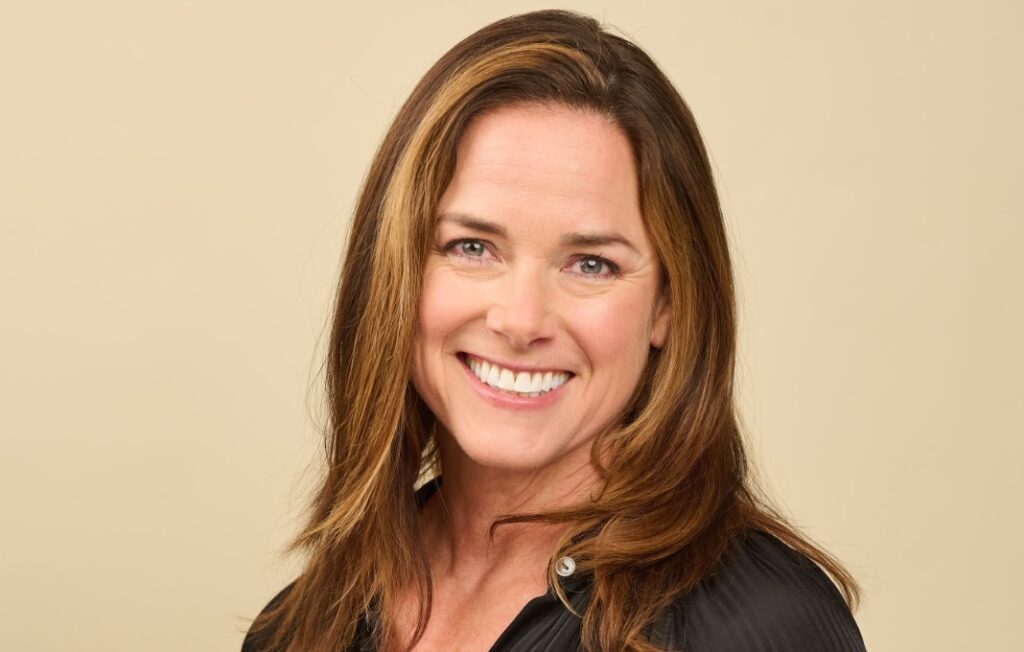Now, more than ever, HR leaders must stress the importance of employees’ overall well-being, says Cara Zibbell, SPHR and executive director, people and engagement at Atrium, a staffing and contingent workforce solutions firm headquartered in New York City.
It’s all about building employee engagement, she says. Zibbell spoke with StrategicCHRO360 about the importance of emphasizing your company’s mission, why structure and consistency are as necessary as flexibility and why you might invite employees’ pets to your next get together.
When it comes to employee well-being and the impact of the pandemic on overall wellness, including physical health, mental health and financial health, what changes are the most significant to organizations today?
CHROs have significant agenda items ahead. The intertwined, moving targets of 2021 continue to be met with proactive, multidimensional and collaborative efforts from HR leaders and their departments today. Since the crisis, we’re seeing business strategies benefit from the unique skills of many in our field, especially with respect to change management and the sensitive nature of work today, with upskilling being a priority. To effectively lead through continued disruptions, we must continue to learn new ways of doing things, while upholding our core businesses, and assuring employee well-being comprehensively.
PwC conducted a 2021 financial wellness survey which reports that nearly two-thirds of employees said their financial stress increased since the onset of the pandemic, and further indicating that these employees are four times as likely to be distracted by financial concerns at work. Financial stress can have an impact on mental health as well. Emotional, psychological and social well-being are chief priorities in the workforce today. As the demand for remote work and digital solutions continues to rise, there is more of an emphasis on overall wellness.
Many organizations are contemplating best practices for in-office, hybrid and/or remote work environments with employee health and safety being the top priority. Given the significant impact of the pandemic, the business decisions we’re making today feel much more personal. Therefore, employee engagement is vital to short- and long-term HR plans.
How can CHROs shift from a more traditional benefits focus to a modern approach that speaks to the authenticity and individuality desired by today’s workers?
The changes brought on by the pandemic are subsequently changing the wants and needs of the workforce, and we must assure our workplace policies remain relevant. Employees want to be confident they are working in an environment that authentically supports their well-being. Every individual is unique, so empathy goes a long way in helping employees feel the security they seek. For example, many parents have made permanent, alternative decisions for their families during the pandemic. With transparent conversations about respective circumstances, leaders can identify and better accommodate the financial, physical and mental health of diverse workforces.
Especially within today’s diverse, multigenerational talent pools, it’s vital to understand average out-of-pocket costs for doctor visits and therapy or counseling services. CHROs can benefit from assuring policies not only remain relevant, but also, that they are accessible to all. We find that flexibility, wherever possible, is appreciated. Something as simple as adding an “unforeseeable emergency” clause to a non-qualified deferred compensation plan, in accordance with IRS provisions, can help employees more readily adapt their contributions during economic hardships.
Some fringe health benefits, like gym memberships and/or discounts to promote physical fitness are being less utilized in current work environments. However, telehealth, financial wellness technologies and other web-based applications are becoming increasingly popular. To stand out in a competitive talent market and alleviate stress reported by employees, some employers are offering new digital resources. By presenting a variety of wellness tools within benefit plans, you can speak to while improving the collective well-being of your workforce.
With adoption of remote and hybrid work models growing among companies not previously offering this kind of flexibility, how is employee engagement being influenced?
Especially within newly remote or hybrid work environments, it can be challenging to effectively manage employee morale. While progressive policies can maximize flexibility and autonomy, it’s also important to invest in structure and consistency. Emphasizing your organization’s mission, vision and value set throughout business operations and changes can establish a framework that optimizes employee engagement.
As CHROs, we are leading the way to create new ways for people to connect. To realize what works best for individuals and teams, leaders can focus on improving communication, including active listening skills, within their organizations. At Atrium, we find surveys to be an effective way to stay in touch with people and culture. Our entire community benefits from receiving more immediate feedback. It enables us to continually improve our people, culture and communications initiatives companywide.
When planning virtual activities and/or corporate events in newly remote environments, it’s important to lead with emotional intelligence. Many are feeling drained by today’s digital inflation and changing environments. Sometimes employees may not even realize the impact these deviations have on their productivity. Mindful leaders who guide high performers to a schedule or routine can help prevent burnout, simply with awareness.
What can CHROs do to assure newly remote or hybrid work models don’t negatively influence employees and their experiences at work?
Today’s CHROs are strategic advisors to business stakeholders. When it comes to compliance, procedures and policies in our changing landscapes, it’s vital we continue to put people first. Consider making work personal. I know as a CHRO this may feel counterintuitive. However, for many of us, work has become your family and your family is now part of your work.
Think about how you can integrate the two and personalize your employees’ work experience. By inviting the significant others of employees, children or pets to company events and social spaces, you can increase attendance and/or engagement. Special interest committees can connect music lovers, foodies, parents and others through shared experiences, exchanges and other peer-to-peer support. You may even find the social reprieve improves collaboration and productivity among your teams.
Regardless of environment, we must pay particularly close attention to create a sense of belonging at work. When safeguarding compliance while exercising flexibility, I find that leveraging HR technology and other tools not only supports operational efficiencies, but also balances some of the stylistic nuances among managers. Exploring new ways to conduct remote and in-person meetings may take some trial and error. However, it’s important to remain patient. Our learning experiences are shaping the future of work and taking time for thoughtful connections can benefit us all.








